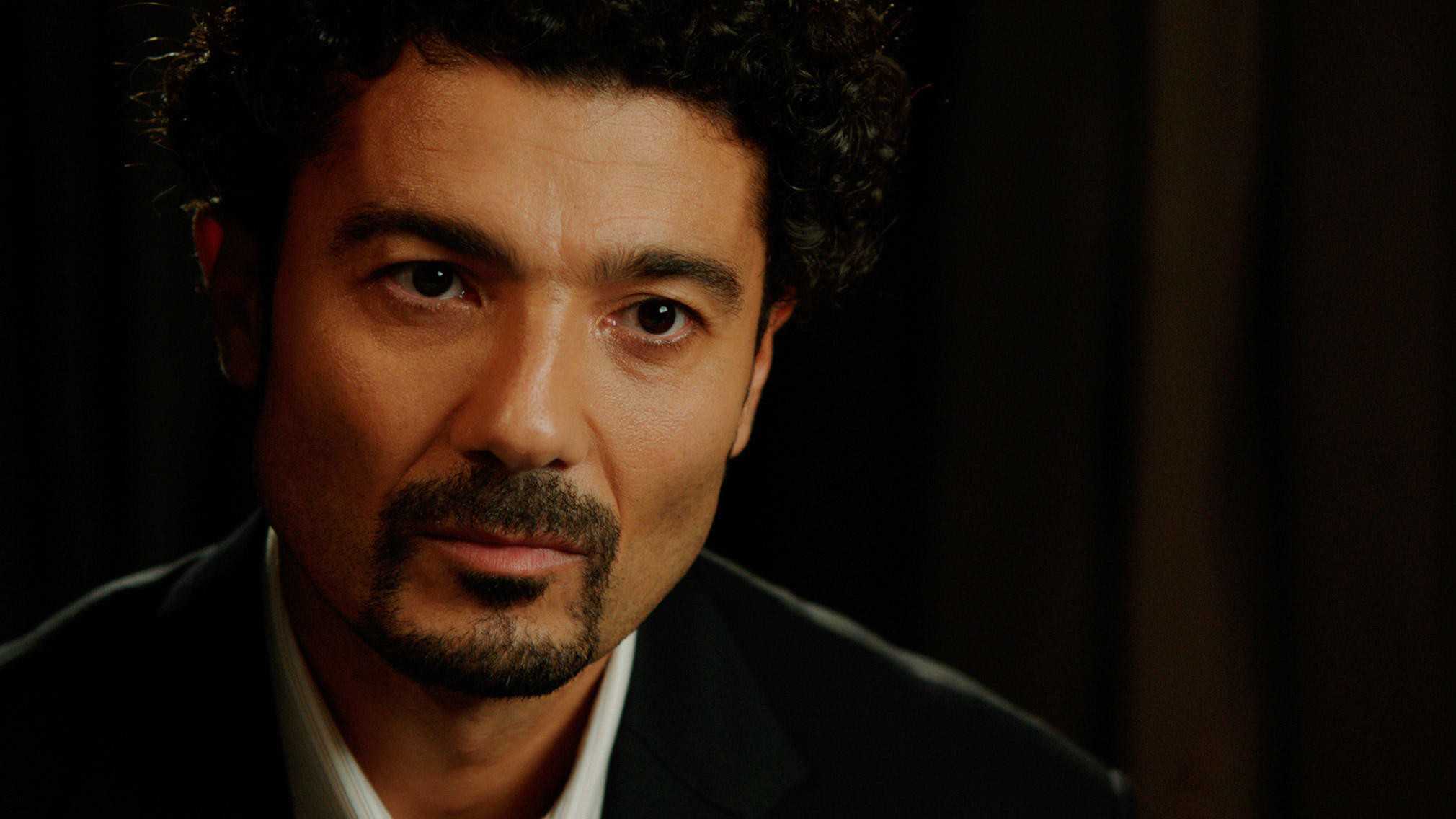The Best Time of Working day For Online Dating
According to dating experts, Weekend is the best the perfect time to use internet dating services. https://www.verywellmind.com/mindful-dating-4177839 Sundays are definitely the busiest daytime for new signups on online dating apps just like Match, Caffeine Meets Kleines, rundes br?tchen, and Tinder. People meet salvadorian women are winding down out of a long weekend and making new year’s resolutions. This is also the time if they are least diverted by function or weekend plans.
Sunday is the best time for internet dating, with pinnacle hours among 5 PM HOURS and being unfaithful PM. The first On the of a beginning of the year is a particularly good time for dating. Individuals are relaxed and excited about a new week. It is the ideal time to sign up to a dating site, since you can find even more singles than you will on different days of the week.
The second ideal for internet dating is among ten and twelve in the evening. A large number of active individuals and adults go online in these times. That is all their well-deserved break, and it’s the excellent time to consider potential fits. It’s also a superb time to examine messages before bedding.
While there are plenty of additional hours when you can actually time online, there are several key times during the the day when folks are most likely to always be online. For example , one-third of online dating users are online about Saturdays. During this period, a staggering 1 . some million mail messages will be directed on Match.







